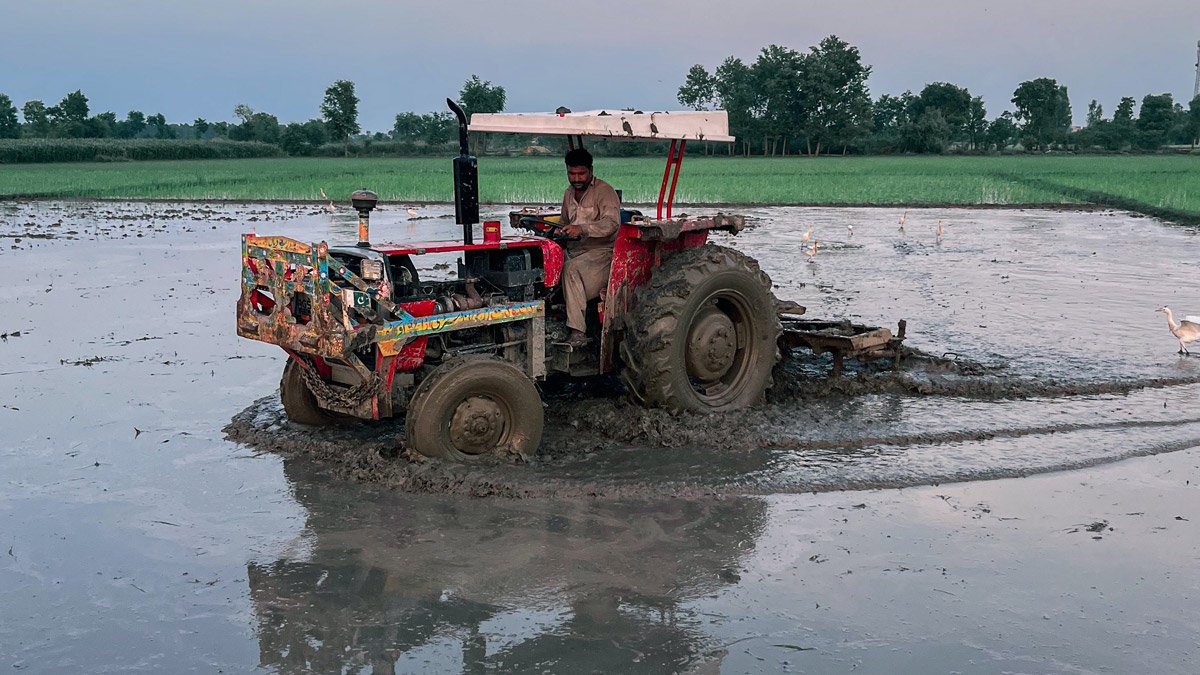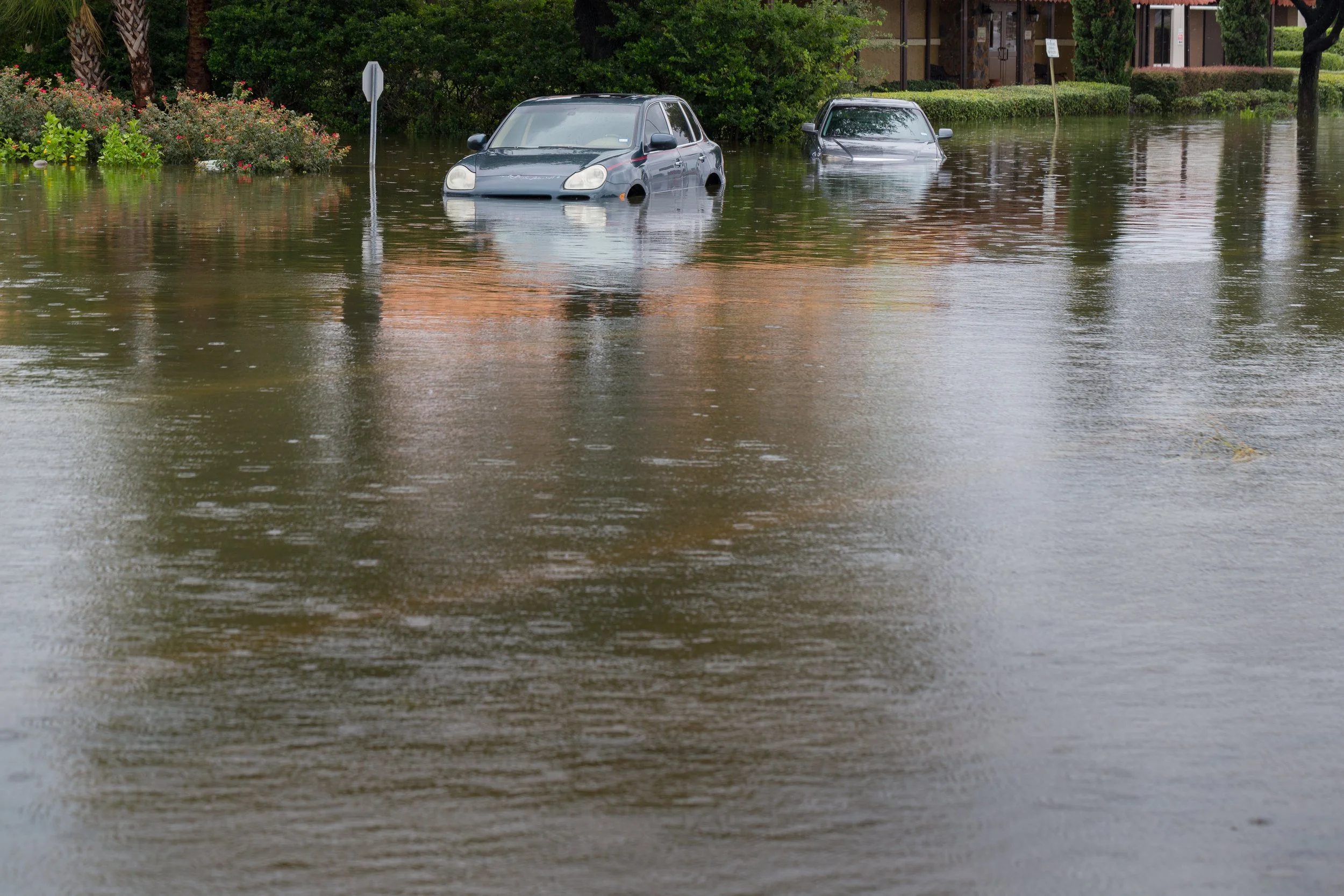Deadly Floods Devastate Farms in Pakistan, Imperiling Food Security
The toll of extreme flooding on Pakistan's food security is staggering, with vast stretches of farmland submerged, crops and stockpiles washed away, and homes and livelihoods swept away. The government has issued a warning of an impending food crisis as the relentless rains and deadly floods severely damage rice, cotton, and vegetable crops like onions and tomatoes. The catastrophe also poses a threat to the upcoming wheat planting season, adding pressure to the already strained global grain supply chain. Pakistan, one of the countries most vulnerable to climate change, has experienced the highest rainfall in decades, with about one-third of the nation currently underwater.
The flooding has claimed around 1,200 lives and left approximately 40% of the labor force, dependent on agriculture, facing unprecedented turmoil. The cotton crop, a crucial economic driver, has suffered immense damage, with half of it being affected. As food costs soar in the country, the government is taking steps to import essential items from neighboring countries, including vegetables from Iran and Afghanistan and exploring a temporary land route for duty-free shipments from India, despite longstanding tensions.
International aid, including assistance from the World Food Programme, is striving to reach the affected provinces with urgent food relief. Amid the flood's devastating impact, the challenge of sowing next year's wheat crop looms large, especially as Pakistan is already facing a wheat shortage. With over $2.3 billion in direct crop losses due to the floods, the nation's economic woes are exacerbated. The road to recovery will be arduous, and the global community must rally to support Pakistan during this humanitarian crisis.





















